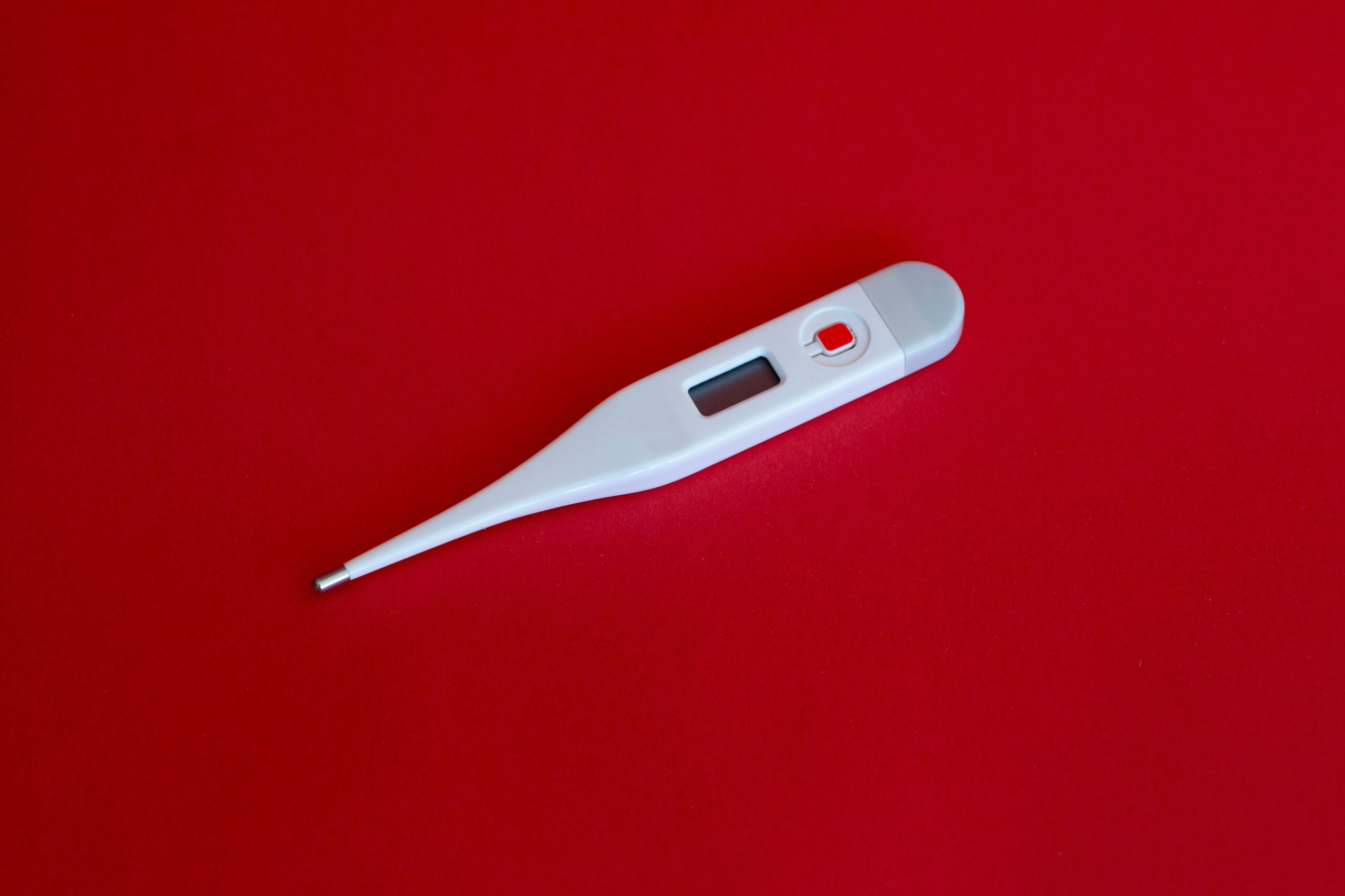Introduction
Puffiness of the eyes is a common concern that many adults experience. While it can be attributed to various lifestyle factors, there are also medical causes that can contribute to this condition. In this article, we will explore some of the medical reasons behind puffy eyes in adulthood.
Allergies
Allergies can cause the eyes to become puffy and swollen. When the body reacts to allergens such as pollen, pet dander, or dust mites, it releases histamines. These histamines can cause the blood vessels in the eyes to dilate, leading to puffiness and redness. In addition to eye puffiness, allergies may also cause itchiness, watery eyes, and sneezing. Consulting an allergist can help identify specific allergens and develop a treatment plan to alleviate symptoms.
Sinusitis
Sinusitis, or inflammation of the sinuses, can also contribute to puffy eyes. When the sinuses become congested and inflamed, the pressure can affect the blood vessels around the eyes, causing them to appear swollen. Other symptoms of sinusitis may include facial pain, nasal congestion, and a headache. Treating the underlying sinusitis through medication or nasal irrigation can help reduce eye puffiness.
Thyroid Disorders
Thyroid disorders, such as hypothyroidism or hyperthyroidism, can impact the appearance of the eyes. In conditions like Graves’ disease, an autoimmune disorder, the immune system mistakenly attacks the tissues around the eyes, causing them to become puffy and bulging. This condition is known as Graves’ ophthalmopathy. Proper management of thyroid disorders with medication and regular check-ups with an endocrinologist can help minimize eye-related symptoms.
Fluid Retention
Fluid retention, also known as edema, can lead to puffiness in various parts of the body, including the eyes. Conditions such as kidney disease, heart failure, or liver disease can cause the body to retain excess fluid, leading to swollen eyes. Managing the underlying condition and making lifestyle changes, such as reducing salt intake and staying hydrated, can help alleviate fluid retention and reduce eye puffiness.
Conjunctivitis
Conjunctivitis, commonly known as pink eye, is an infection or inflammation of the conjunctiva, the thin layer that covers the white part of the eye. This condition can cause redness, itching, and puffy eyes. Conjunctivitis can be caused by bacterial or viral infections, as well as allergies. Treatment for conjunctivitis may include prescription eye drops or ointments, depending on the cause.
Crying and Lack of Sleep
Emotional factors such as excessive crying or lack of sleep can also contribute to puffy eyes. When we cry, the tear glands produce more tears, which can cause the eyes to become swollen. Similarly, a lack of sleep can lead to fluid retention and increased blood flow to the eyes, resulting in puffiness. Practicing good sleep hygiene and finding healthy ways to manage emotions can help reduce eye puffiness in these situations.
Conclusion
Puffiness of the eyes in adulthood can be caused by various medical factors. Allergies, sinusitis, thyroid disorders, fluid retention, conjunctivitis, and emotional factors such as crying or lack of sleep can all contribute to puffy eyes. Identifying the underlying cause and seeking appropriate medical treatment or lifestyle changes can help alleviate this condition. If you are experiencing persistent or severe eye puffiness, it is recommended to consult with a healthcare professional for a proper diagnosis and treatment plan.
FIND FLASH MEDICAL INFO SEARCH HERE



